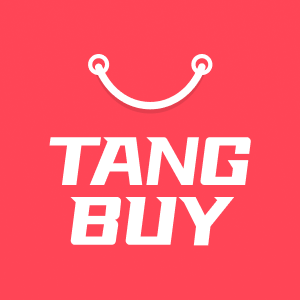The Ultimate List of Private Labelling Dropshipping Suppliers in 2025
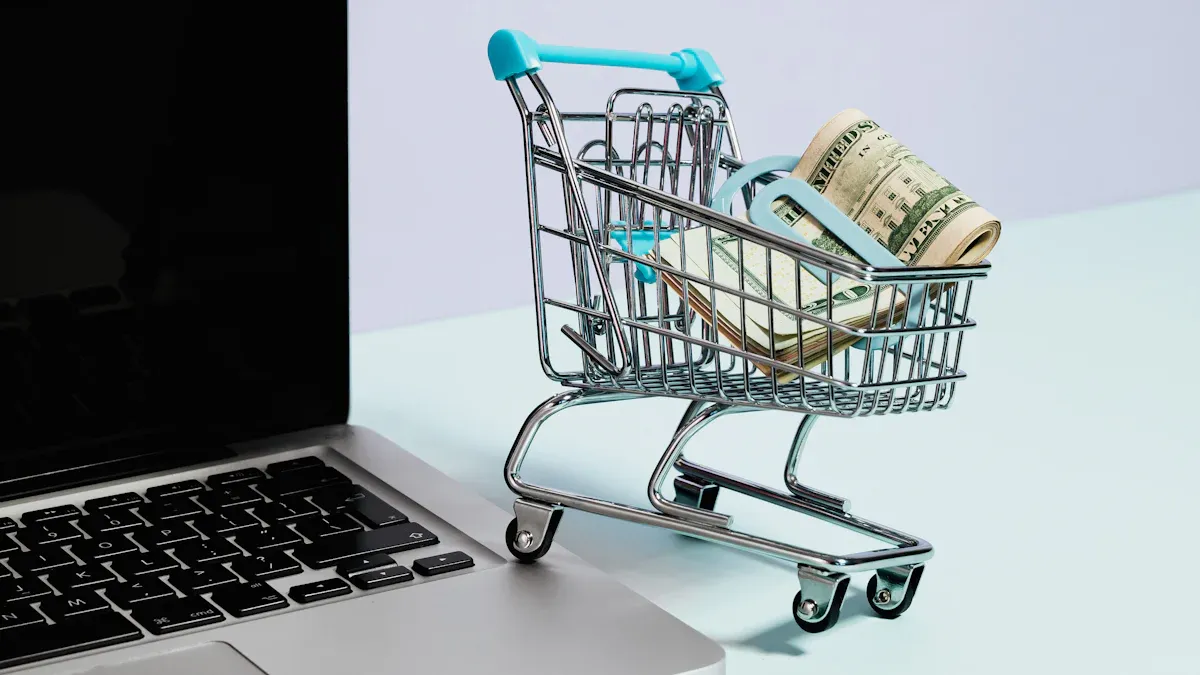
Private labelling has become a key driver in dropshipping for 2025. You can see strong growth worldwide, with private label products showing a 5.6% rise in value sales last year. Many shoppers, especially Gen Z, trust and prefer these brands. When you build your own brand, you set your prices and keep more profit. Exclusive products help you stand out and keep customers coming back. Finding a reliable supplier remains a challenge, so using a trusted list can help you make better choices.
Key Takeaways
Private labelling lets you sell things with your own brand. This helps you stand out and make more money.
Pick suppliers who have good quality products and fast shipping. Make sure they offer clear branding choices to build trust with buyers.
Always ask for samples first to check the product and packaging.
Find suppliers with low minimum order amounts. This lets you test products without spending a lot at first.
Fast and reliable shipping from local warehouses makes customers happy and builds trust.
Talking well with your supplier helps fix problems fast. It also keeps your business working well.
Use eCommerce tools to automate orders and stock updates. This saves time and stops mistakes.
Plan your brand launch with care. Make a professional online shop, use clear branding, and do marketing to get customers.

Top Suppliers 2025

Supplier Comparison Table
You need a supplier that matches your business needs. The table below shows top private labelling dropshipping suppliers in 2025. You can see how they differ in price, shipping speed, and what they sell. This makes it easier to pick the best one for your brand.
Supplier | Pricing | Shipping Times | Product Range & Specialisation |
|---|---|---|---|
Tangbuy | Competitive and transparent pricing, with discounts for bulk buyers and no hidden fees. | Fast delivery via tax-free lines to Europe/US (2–7 business days), with full tracking and smooth customs clearance. | Trendy categories (fashion, 3C, home, beauty), supports customization and provides marketing-ready product info. |
CJDropshipping | Slightly higher prices due to quality control and branding services | Fast shipping from multiple European warehouses (Germany, France, Italy, etc.) | White-label, print-on-demand, trending products, branding support |
AutoDS Private Suppliers | Exclusive vetted products, customisable branding | Local European warehouses for quick shipping | Exclusive products, private label, automation integration |
Printful | Higher prices, premium branding | European production centres (Spain, Latvia, UK, Poland) for faster delivery | Print-on-demand, custom labels, packaging, apparel, home decor |
Printify | Lower base costs, better cost control | Network of European printing partners | Print-on-demand, apparel, accessories, home decor |
AliExpress | Low prices, competitive due to many suppliers | European warehouses enable 3-7 day shipping | Millions of products, mass-market, wide variety |
DHGate | Very low prices, wholesale options | Growing European warehouses for faster shipping | Large variety, niche and emerging products |
BigBuy | Wholesale pricing, competitive | European warehouses with fast delivery | Multi-category, electronics, home goods, fitness, fashion |
CDiscount | Competitive wholesale pricing | Fast European shipping, mainly France and expanding EU | Large catalogue, tech, home, beauty, fashion |
Brands Gateway | Higher costs, minimum order requirements | Fast shipping from European warehouses | Authentic luxury designer products |
Griffati | Subscription required, premium pricing | Fast European delivery | Designer clothing, shoes, accessories |
Brands Distribution | Pricier, limited integrations | European warehouses | Authentic clothing, shoes, accessories, high-end fashion |
Banggood | Fair prices, exclusive dropshipping discounts | Express delivery in Europe | Over 1 million products, electronics, home goods, clothing |
Amazon | Competitive pricing, variable by seller | 40+ European warehouses, very fast shipping | Millions of products, broad niches |
Costway | Great prices, discounts in dropshipping programme | Warehouses in Germany and UK, quick delivery | Home decor, furniture, appliances |
BTS Wholesaler | Competitive pricing in beauty niche | Ships across Europe with competitive delivery times | Beauty, cosmetics, perfumes, private label options |
eBay | Competitive prices, wholesale deals possible | Localised European sites for fast shipping | Millions of products, multiple niches |
Variable pricing depending on store | Depends on Shopify store location | Curated niche products, trending designs |
📝 Tip: Think about your customers and what they want. Check if the supplier can deliver fast and has the products you need. A big product range and quick shipping can help you get more buyers.
Key Features Overview
When you pick a private labelling dropshipping supplier, look for some important things. These things help you build a strong brand and keep your customers happy.
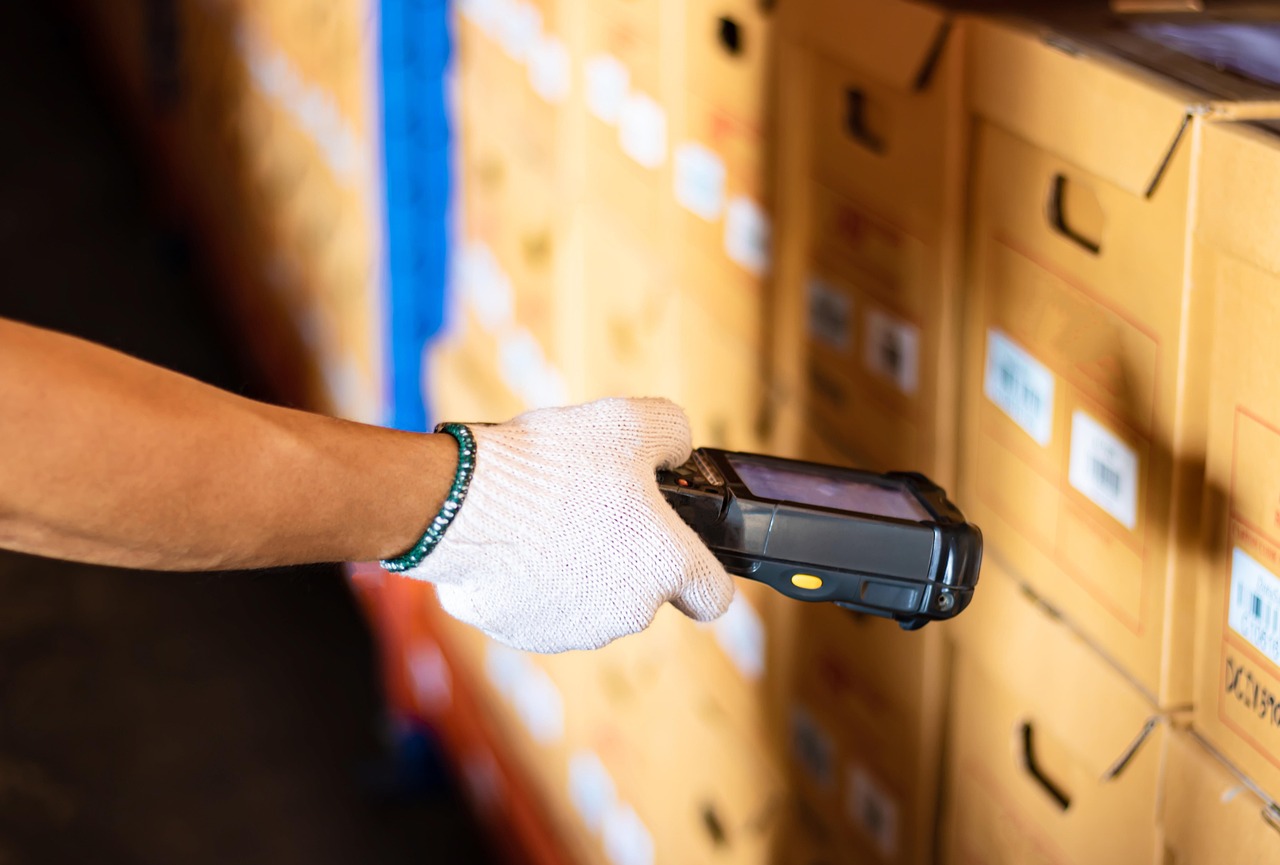
Good product quality
Branding choices like custom products, print logos, or branded packaging
Fast fulfilment
Fair pricing
Easy to use
Low minimum order requirements for customisation
These points help you make a special brand. You can earn more money, gain trust, and grow your business for a long time.
Feature | Explanation |
|---|---|
Supplier reputation | Read reviews from other people. Make sure there are no big problems like slow replies or late orders. |
Product quality and selection | Try samples and check reviews to see if the products are good and there are enough choices. |
Control over specifications | See if you can change products and packaging to fit your brand. |
Turnaround time | Make sure the supplier can send orders quickly and keep quality high. |
Branded packaging | Custom packaging makes your brand stronger and keeps customers coming back. |
Minimum order quantity | If you are new, pick suppliers with low minimums for custom orders. |
eCommerce store integrations | Check if the supplier works with your online shop so orders are easy to manage. |
Compare how fast each supplier ships and ask about faster options.
Find out how they deal with returns and broken items.
Choose suppliers who reply quickly and clearly.
Set rules for quality and make sure suppliers follow them.
Watch for common problems and tell suppliers how to fix them.
Test products yourself to make sure they stay the same.
Picking the right supplier gives you more power over your brand and how customers feel. Take your time and look at all these things before you choose.
Private Labelling Supplier Profiles
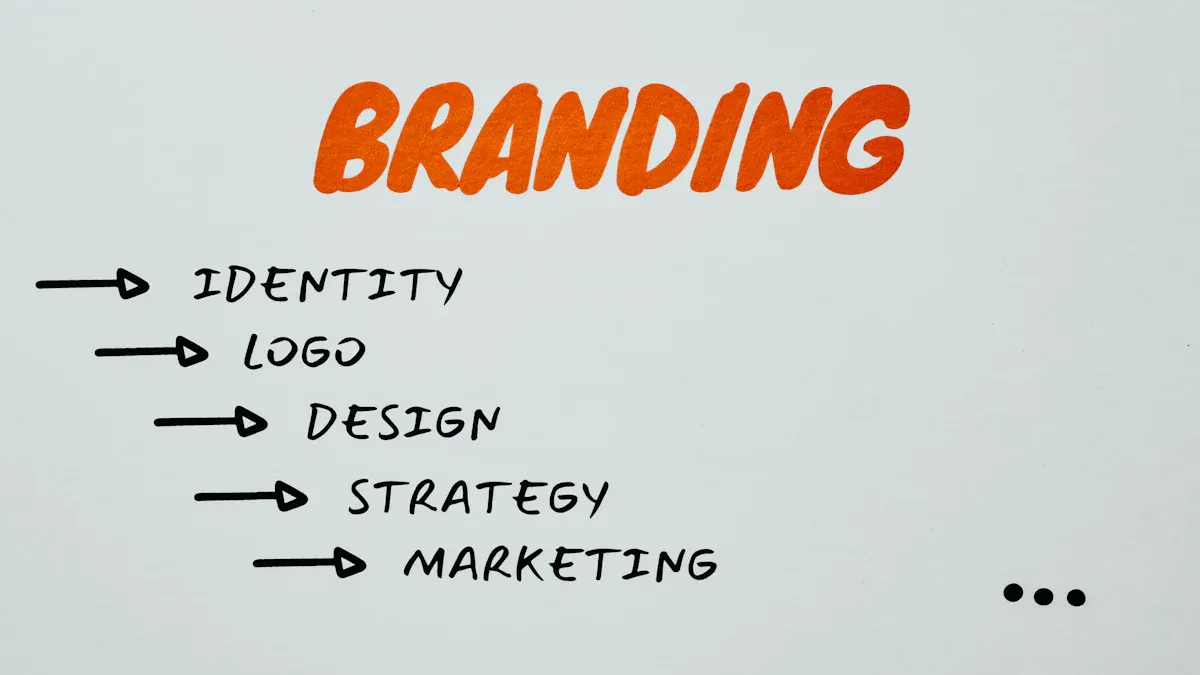
Tangbuy
Overview
Tangbuy is a sourcing and dropshipping platform that works with trusted Chinese suppliers. It helps businesses get trending products fast, with local customer service and marketing support.
Features
Work directly with Chinese factories
Local service teams in Europe and the US
Supports both dropshipping and bulk orders
Fast delivery (2–7 business days) with tax-free lines
Product info includes photos, videos, and descriptions
Custom branding and packaging available
Pros and Cons
Pros
Fast shipping to EU/US
No MOQ for dropshipping
Marketing-ready content
Supports private labeling
Local support team
Cons
Product range is curated, not as broad as marketplaces
Limited self-service functions (team assistance needed)
Specialities
Tangbuy is ideal for sellers who want to test products quickly, start with low risk, and build their own brand. It supports influencers, small shops, and growing e-commerce sellers with personalized service.
Getting Started
Contact the Tangbuy team or sign up
Browse the product catalog or request sourcing
Add your logo or custom packaging
Start selling with marketing content
Orders shipped to customers in 2–7 days
Track packages easily with full updates
Tip: Great for sellers who want fast product testing and hands-on support without large upfront costs.
Alibaba
Overview
Alibaba lets you find many manufacturers, mostly in China. You can use it to get lots of products, like electronics and clothes. Many companies use Alibaba because it helps them buy in large amounts and reach people all over the world.
Features
Big list of suppliers with easy search tools
Talk directly to manufacturers
Choose custom products and packaging
Trade assurance keeps your payments safe
Order in bulk and ask for samples
Pros and Cons
Pros | Cons |
|---|---|
Find many different products | Minimum order amounts can be large |
Good prices for buying in bulk | Quality is not always the same |
Can customise for private labelling | Small orders take longer to ship |
Trade assurance protects your money | Sometimes hard to talk to suppliers |
Specialities
Alibaba is good for finding manufacturers who do private labelling. You can get suppliers for almost any product. This is great if you want to make your own brand or start a new product.
Getting Started
Make a free Alibaba account.
Search for products using words and filters.
Message suppliers to talk about private labelling.
Ask for samples to check quality.
Talk about prices, order size, and branding.
Place your order and pay using Alibaba’s safe system.
Tip: Always get samples before you buy a lot. This helps you see if the product and packaging are good.
AliExpress
Overview
AliExpress is a big online shop with millions of products from many suppliers. You can use it for dropshipping with small orders. Many sellers use AliExpress to try new products before buying more.
Features
Lots of products in many groups
Most items have no minimum order
Works with dropshipping tools like DSers
Buyer protection and safe payments
See customer reviews and ratings
Pros and Cons
Pros | Cons |
|---|---|
Easy to start, no big money needed | Not many private labelling choices |
Fast shipping from some local places | Product quality is not always good |
Many trending products to choose from | Less control over branding |
Easy to use with eCommerce tools | Some orders take longer to ship |
Specialities
AliExpress is best for testing products fast and with little risk. It does not focus on private labelling as much as Alibaba. But you can still find some suppliers who offer customisation and branding.
Getting Started
Make an AliExpress account.
Look at products and check supplier ratings.
Use dropshipping tools to add products to your shop.
Ask suppliers about private labelling or custom packaging.
Order small amounts to check quality and shipping.
Note: Pick suppliers with high ratings and good reviews. This helps you avoid bad quality.
Spocket
Overview
Spocket links you to suppliers in the US and Europe. You can find good quality products with fast shipping. Spocket helps you build your brand with trusted suppliers and easy shop setup.
Features
Chosen list of US and EU suppliers
Easy to connect with Shopify and WooCommerce
Orders and tracking are automatic
Branded invoices and packaging choices
Pros and Cons
Pros | Cons |
|---|---|
Good quality, local products | Fewer products than Alibaba |
Fast shipping makes customers happy | Prices are higher than Asian suppliers |
Easy to set up and link your shop | Not many suppliers outside US/EU |
Focus on private labelling and branding | Some items need bigger orders |
Specialities
Spocket is great for private labelling if you want quality and quick delivery. You can find fitness, wellness, and lifestyle products from trusted US and EU suppliers. Spocket is good if you want to sell premium products with your own brand.
Getting Started
Sign up for a Spocket account.
Use the setup tool to link your Shopify or WooCommerce shop.
Look through the list and add products to your shop.
Change product details and branding.
Open your shop with products ready for fast shipping.
🛒 Spocket gives you a free, ready-made Shopify shop to help you start fast. You can change it and launch your brand in a few steps.
Printful
Overview
Printful lets you make and sell custom products with your own brand. You do not need to keep stock or send out orders yourself. Printful prints and sends each order for you. You can sell clothes, accessories, and things for the home. Printful is good for private labelling because you can use your logo and branding.
Features
Print-on-demand for clothes, hats, bags, and home decor
Custom branding like inside labels, packing slips, and packaging
Works with Shopify, WooCommerce, Etsy, and more
Warehouses in Europe, the UK, and the USA for fast delivery
No minimum order amount
Design tools help you make your products
Pros and Cons
Pros | Cons |
|---|---|
Simple to use with many eCommerce platforms | Costs more than some other suppliers |
Fast shipping from local warehouses | Only print-on-demand products |
Good printing and materials | Not as many product types as Alibaba or AliExpress |
Strong branding for private labels | Some branding features cost extra |
Specialities
Printful is great for print-on-demand and private labelling. You can make your own clothing line or branded gifts. Printful lets you choose how your products look and feel. You can also use their design tools to make your brand special.
Getting Started
Make a free Printful account.
Connect your shop with their tools.
Pick products and upload your designs.
Set up branding like labels and packing slips.
Add products to your shop and start selling.
Printful prints and sends each order to your customer.
🖨️ Tip: Order a sample before you start selling. This helps you check the print and packaging quality.
Supliful
Overview
Supliful lets you make your own brand of health and wellness products. You can sell supplements, protein powders, and vitamins. Supliful takes care of making, labelling, and sending the products. You do not need to buy lots or store anything.
Features
Private label supplements, protein, and wellness products
Custom branding for labels and packaging
No minimum order amount
Works with Shopify and WooCommerce
Fast fulfilment from European and US warehouses
Product mockup tool for your shop
Pros and Cons
Pros | Cons |
|---|---|
Easy to start your own supplement brand | Only for health and wellness products |
No need to buy in bulk | Not as many choices as big marketplaces |
Fast shipping to Europe and the USA | Branding options may cost extra |
Simple to use with popular platforms | Not for other product types |
Specialities
Supliful is best for private label supplements and wellness products. You can build a brand in the growing health market. Supliful helps with design, labelling, and shipping. You can focus on selling and growing your business.
Getting Started
Make a Supliful account.
Connect your Shopify or WooCommerce store.
Pick products and add your brand to the labels.
Use the mockup tool to make product images.
Add products to your shop and set your prices.
Supliful sends orders to your customers.
💡 Note: Always check the rules for selling supplements in your country.
Apliiq
Overview
Apliiq lets you make special clothing with custom labels and designs. You can add embroidery, patches, and different fabrics. Apliiq is for fashion brands that want to be unique. You do not need to keep stock or send out orders.
Features
Print-on-demand and embroidery for clothes
Custom labels, tags, and branding
Special fabric details and patches
Works with Shopify and WooCommerce
No minimum order amount
Made in the USA with fast fulfilment
Pros and Cons
Pros | Cons |
|---|---|
Unique branding for fashion brands | Higher prices for custom features |
Good embroidery and fabric choices | Only for clothes and accessories |
No need to keep inventory | Ships mainly from the USA |
Easy to use with online shops | Some custom options take longer to make |
Specialities
Apliiq is perfect for streetwear and fashion brands. You can make clothes with your own labels, embroidery, and fabric details. Apliiq helps you build a brand that looks and feels different.
Getting Started
Make an Apliiq account.
Connect your Shopify or WooCommerce store.
Pick clothing and add your designs.
Choose custom labels, embroidery, or patches.
Add products to your shop and set your prices.
Apliiq makes and sends each order to your customer.
👕 Tip: Use Apliiq’s sample order to see your product before you start selling.
Dropship.IO

Overview
Dropship.IO helps you find good products and trusted suppliers for private labelling. You can use this platform to see what is popular and watch your competitors. It also lets you talk to suppliers who offer custom branding. Dropship.IO makes product research quick and easy. You can use it to build your own brand and stay ahead in dropshipping.
Features
Product research tool with live data
Supplier list with private label choices
Competitor tracking and sales stats
Works with Shopify and WooCommerce
Alerts for popular products
Support for custom branding
Pros and Cons
Pros | Cons |
|---|---|
Easy to find popular products | Some tools need a paid plan |
Helps you connect with private label suppliers | Not a supplier, just a platform |
Competitor analysis helps you plan | Only works with some eCommerce platforms |
Saves time on product research | You may need extra steps to contact suppliers |
Specialities
Dropship.IO is good for product research and finding suppliers. You can spot trends before others do. The platform helps you find suppliers who offer private labelling. This means you can build your brand fast.
Getting Started
Make a Dropship.IO account.
Use the research tool to find popular items.
Check the supplier list for private label options.
Contact suppliers on the platform.
Connect with your Shopify or WooCommerce shop.
Add products and start selling with your brand.
💡 Tip: Use the competitor tracking tool to see what other brands sell. This helps you pick products that lots of people want.
NicheDropshipping
Overview
NicheDropshipping gives you a full dropshipping service with private labelling. You can find products, change packaging, and manage orders in one place. NicheDropshipping works with suppliers in China and ships to many countries. Their team helps you with product sourcing and branding.
Features
Product sourcing and quality checks
Private labelling and custom packaging
Warehouses in China and the USA
Order fulfilment and tracking
Account manager for support
Works with Shopify and WooCommerce
Pros and Cons
Pros | Cons |
|---|---|
Full service from finding to shipping | Shipping can be slow outside the USA/China |
Custom branding for many products | Some services cost extra |
Support team helps you | Some products need a minimum order |
Warehouses in two main places | Platform may seem hard at first |
Specialities
NicheDropshipping is best if you want less work. Their team can handle sourcing, branding, and shipping for you. The platform is good for custom products and packaging. You can use it to build a strong private label brand.
Getting Started
Make a NicheDropshipping account.
Ask for product sourcing or look at their catalogue.
Talk about private labelling and packaging with your manager.
Check samples and confirm your order.
Connect your shop for automatic order fulfilment.
Track orders and run your business from the dashboard.
🚚 Note: Always ask for samples before you start selling a new product. This helps you check the quality and branding.
Printify
Overview
Printify is a print-on-demand platform that lets you make and sell custom products. You can design clothes, mugs, phone cases, and more. Printify links you with print providers around the world. You do not need to keep stock or send orders yourself. Printify prints and ships each order for you.
Features
Many print-on-demand products
Custom branding for labels and packaging
Works with Shopify, Etsy, WooCommerce, and more
Global network of print providers
No minimum order size
Mockup tool for product images
Pros and Cons
Pros | Cons |
|---|---|
Big product selection | Print quality can change by provider |
Easy to use with many eCommerce shops | Some branding options cost more |
No need to buy in bulk | Shipping times depend on provider location |
Global fulfilment network | Only for print-on-demand products |
Specialities
Printify is great for custom clothes, accessories, and home decor. You can use it to start a clothing line or sell branded gifts. Printify’s network lets you choose print providers and shipping places.
Getting Started
Make a free Printify account.
Connect your online shop.
Pick products and upload your designs.
Set up branding like labels and packaging.
Use the mockup tool to make product images.
Add products to your shop and start selling.
🖼️ Tip: Order samples from different print providers. This helps you choose the best quality for your brand.
Dripshipper
Overview
Dripshipper lets you make your own coffee brand. You do not need to keep any stock. Dripshipper roasts, packs, and sends coffee to your customers. You can spend more time on your brand and shop.
Features
Private label coffee with your logo and packaging
Fresh beans roasted and shipped when needed
Works with Shopify for easy setup
No minimum order needed
Custom product pictures and descriptions
Fast shipping from US roasters
Pros and Cons
Pros | Cons |
|---|---|
Easy way to start a coffee brand | Only sells coffee and related items |
No need to buy lots at once | Ships mostly from the USA |
Quick roasting and delivery | Not much shipping outside the USA |
Simple to use with Shopify | Branding extras may cost more |
Specialities
Dripshipper is for private label coffee. You can pick from many types, blends, and flavours. You can put your own brand on bags and labels. Dripshipper is good if you want to start a coffee brand with little money.
Getting Started
Make a Dripshipper account.
Link your Shopify shop.
Pick coffee and add your branding.
Add products to your shop with your own pictures and words.
Set prices and open your shop.
Dripshipper roasts and sends each order to your customers.
☕ Tip: Try a sample pack to taste the coffee and see the packaging before you sell.
Kingfisher UK

Overview
Kingfisher UK lets you sell private label cleaning and home products. You can offer sprays, disinfectants, and laundry items with your brand. Kingfisher UK helps many shops and helps you build a trusted name in home care.
Features
Many cleaning and home products
Private label and custom packaging
Made and shipped in the UK
Flexible order sizes for new brands
Help with product safety and rules
Fast shipping in the UK and Europe
Pros and Cons
Pros | Cons |
|---|---|
Trusted UK supplier | Mostly for the UK and Europe |
Flexible order amounts | Only cleaning and home products |
Good help for new brands | Branding setup can take longer |
Fast and safe shipping | Some products need safety checks |
Specialities
Kingfisher UK is for cleaning and home products. You can make a private label brand for sprays, wipes, and detergents. The company helps with safety and legal rules. This makes it easier to start in the home care market.
Getting Started
Contact Kingfisher UK on their website.
Talk about your product and branding ideas.
Pick products and design your labels and packaging.
Check samples and confirm your order.
Start your brand and begin selling.
Kingfisher UK makes and ships your products.
🧴 Note: Always check the rules for selling cleaning products in your country.
Joe's Garage
Overview
Joe's Garage lets you sell private label car care products. You can offer car cleaning, detailing, and care items with your brand. Joe's Garage works with small shops and big stores.
Features
Private label car care products like cleaners and waxes
Custom branding and packaging
No minimum order for most items
Made and shipped in the UK
Fast shipping in the UK and Europe
Product help and advice
Pros and Cons
Pros | Cons |
|---|---|
Easy way to start a car care brand | Only sells car care products |
No need to buy large amounts | Mostly for the UK and Europe |
Custom branding for all items | Branding extras may cost more |
Fast and safe delivery | Not many product types |
Specialities
Joe's Garage is for car care. You can make a brand for car cleaning, detailing, and care. The company helps you design labels and packaging. Joe's Garage is a good choice if you want to start a car care brand.
Getting Started
Go to Joe's Garage website and fill in the form.
Pick the products you want to sell.
Work with their team to design your branding and packaging.
Check samples and confirm your order.
Add products to your shop and set your prices.
Joe's Garage makes and sends orders to your customers.
🚗 Tip: Try different products to see which ones your customers like best.
Makers Nutrition
Overview
Makers Nutrition helps you make your own vitamins and supplements. You can use their private labelling service to start a health brand. They help you from making products to packing and shipping. Many health brands trust them because they know a lot and make good products.
Features
Many types of supplements and vitamins
Custom formulas and private label choices
In-house team designs labels and packaging
Fast production and shipping in the USA
Quality checks in GMP-certified places
Account manager helps with your project
Low minimum orders for new brands
Pros and Cons
Pros | Cons |
|---|---|
Help from start to finish | Ships mostly from the USA |
High-quality, GMP-certified products | Shipping to Europe can take longer |
Custom formulas and packaging | Some services cost more |
Low minimums for private label | Only for supplements and health products |
Specialities
Makers Nutrition is great for private label supplements. You can pick ready-made formulas or make your own. Their team helps you design labels and packaging for your brand. Makers Nutrition is a good choice if you want to start a health brand with expert help.
Getting Started
Go to the Makers Nutrition website and fill in the form.
Talk to an account manager about your brand and ideas.
Pick your products and choose custom or stock formulas.
Work with the design team on your labels and packaging.
Check samples and confirm your order.
Makers Nutrition makes and ships your products.
🏆 Tip: Ask about their design help. Good packaging can make your brand stand out in the health market.
Nutribl
Overview
Nutribl lets you start your own private label nutrition brand. You can sell protein powders, vitamins, and wellness products. Nutribl takes care of making, packing, and shipping. You do not need to keep stock or worry about sending orders.
Features
Private label nutrition and wellness products
Custom branding for labels and packaging
No minimum order for most products
Fast shipping from UK and EU warehouses
Works with Shopify and WooCommerce
Mockup tool for your shop
Pros and Cons
Pros | Cons |
|---|---|
Easy to start a nutrition brand | Only for nutrition and wellness products |
No need to buy in bulk | Fewer choices than big platforms |
Fast shipping in the UK and Europe | Branding extras may cost more |
Easy to link with online shops | Not available outside Europe |
Specialities
Nutribl focuses on private label nutrition and wellness. You can build a brand in the health market. Nutribl helps with design, labelling, and shipping. You can spend more time on marketing and less on packing.
Getting Started
Make a Nutribl account on their website.
Connect your Shopify or WooCommerce store.
Pick products and add your branding to the labels.
Use the mockup tool to make product images.
Add products to your shop and set your prices.
Nutribl ships orders straight to your customers.
💡 Note: Always check the rules for selling nutrition products in your country.
Trendsi
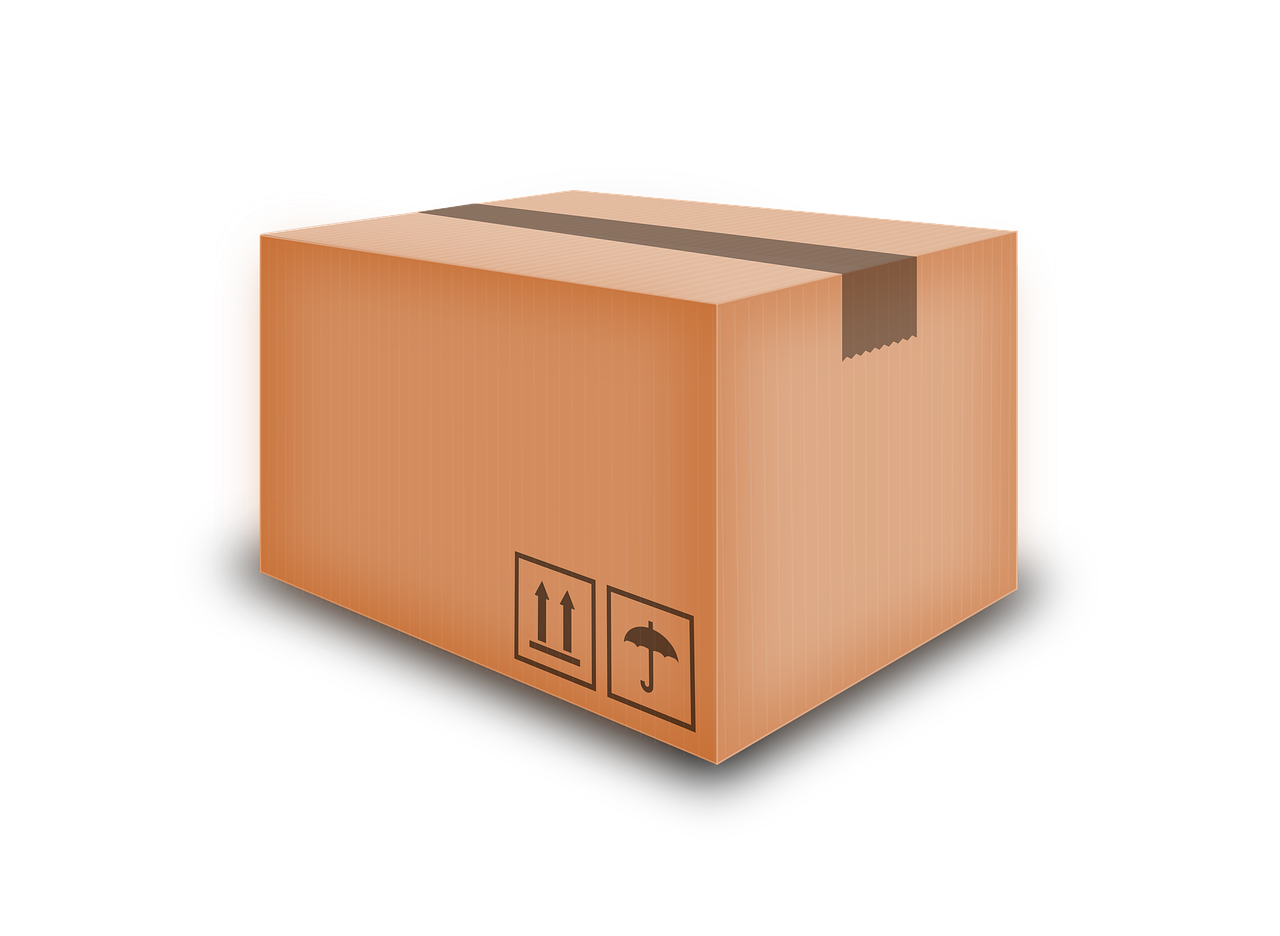
Overview
Trendsi helps you sell private label fashion and lifestyle products. You can offer clothes, jewellery, and accessories with your own brand. Trendsi links you with suppliers in the US and China for fast shipping and quality checks.
Features
Many fashion and lifestyle products
Private label and custom branding options
Fast shipping from US and China warehouses
Works with Shopify and other platforms
Orders and tracking are automatic
Access to product photos and descriptions
Pros and Cons
Pros | Cons |
|---|---|
Lots of trendy products to pick | Some branding needs bigger orders |
Fast shipping in the US | Ships from China for some products |
Easy to use with Shopify | Not as many branding choices as others |
Automatic fulfilment saves time | Only for fashion and lifestyle products |
Specialities
Trendsi is good for private label fashion. You can build a clothing or accessories brand with their products. Trendsi has trendy items and quick shipping, so you can keep up with fashion.
Getting Started
Sign up for a Trendsi account.
Connect your Shopify or other supported shop.
Look through the catalogue and pick products for your brand.
Customise branding options if you can.
Add products to your shop and set your prices.
Trendsi sends orders to your customers.
👗 Tip: Use Trendsi’s product photos and descriptions to make your shop look professional and save time.
AutoDS

Overview
AutoDS lets you run your dropshipping shop with less work. You can use it to find products and talk to private label suppliers. It helps you manage orders and links with many eCommerce sites like Shopify, WooCommerce, and Wix. The tools help you save time and make fewer mistakes.
Features
Product research tool for trending and private label items
Connects with suppliers in Europe, the UK, the USA, and China
Orders and tracking are automatic
Watches prices and stock for you
Some suppliers let you use custom branding
Add and edit many products at once
Dashboard shows your sales and profits
Pros and Cons
Pros | Cons |
|---|---|
Automation saves you lots of time | Some tools need a paid plan |
Works with many different suppliers | Not every supplier does private labelling |
Simple to use with popular shop sites | New users may need time to learn |
Checks prices and stock automatically | Branding depends on which supplier you pick |
Specialities
AutoDS is great for automation. You can handle lots of products without much work. It helps you find private label suppliers and trending items. You can test new products fast with AutoDS. This helps your brand grow and keeps you up to date with trends.
Getting Started
Make an AutoDS account.
Link your shop, like Shopify, WooCommerce, or Wix.
Use the finder to look for private label products.
Add products to your shop with one click.
Set up automatic orders, tracking, and price changes.
Talk to suppliers on AutoDS about branding.
Watch your sales and change your products if needed.
💡 Tip: Begin with just a few products to learn how AutoDS works. Add more when you feel ready.
Jungle Scout Supplier Database
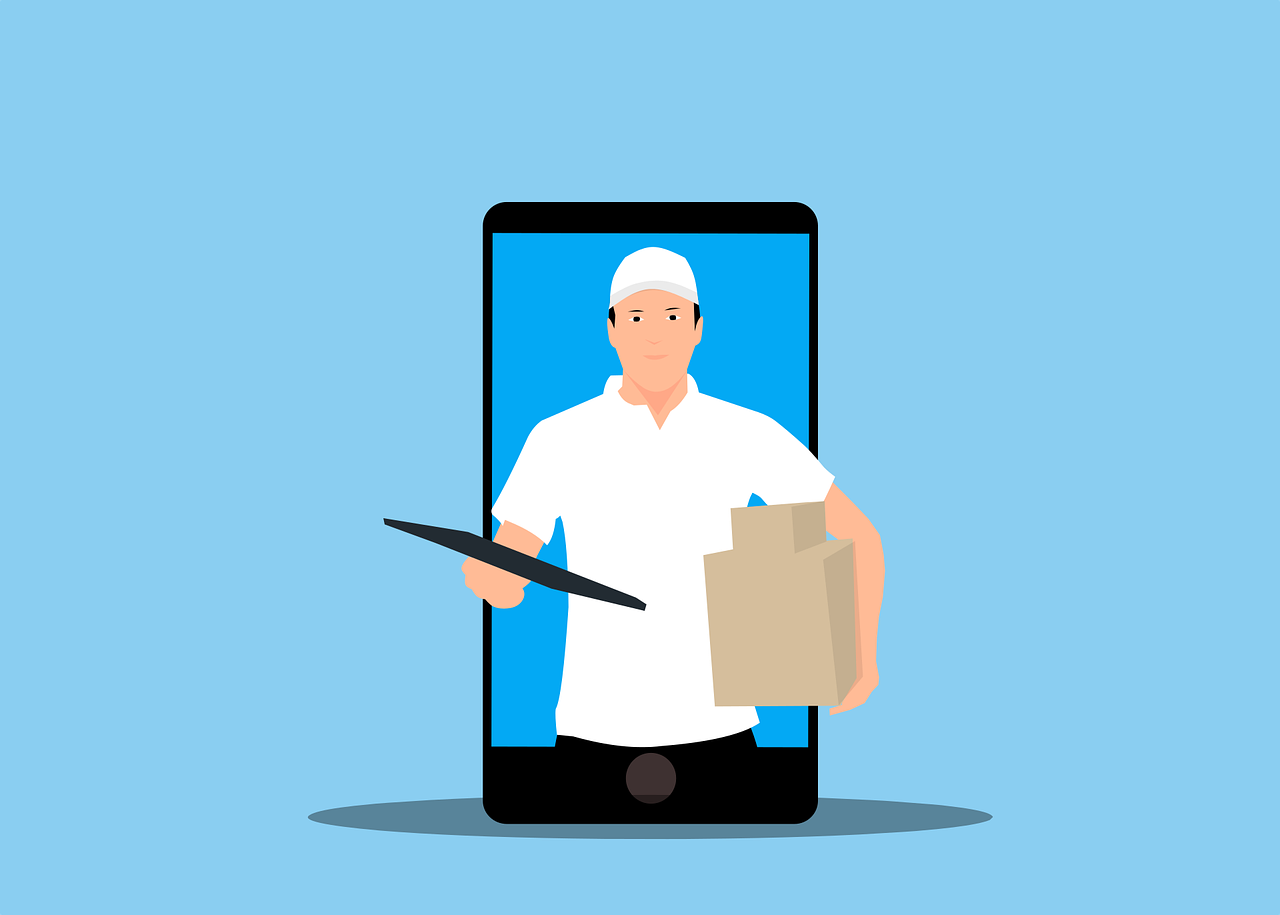
Overview
Jungle Scout Supplier Database helps you find good manufacturers and suppliers. You can search for private label partners by product, company, or supplier name. Jungle Scout uses shipping records from around the world. This lets you see which suppliers work with big brands.
Features
Search for suppliers by product type or brand
Get real supplier contact details
See shipment history and how much they ship
Filter by country, product, or company
Tools to compare and track suppliers
Export supplier lists to use later
Pros and Cons
Pros | Cons |
|---|---|
Helps you find trusted suppliers | You need a Jungle Scout subscription |
Shows real shipment data | It is a database, not a supplier itself |
Easy to compare suppliers | Some suppliers do not do dropshipping |
Good for private label research | Data might not always be up to date |
Specialities
Jungle Scout Supplier Database is best for research. You can see which suppliers make things for big brands. This helps you pick partners who have a good record. You can also use it to avoid bad suppliers. It is a strong tool if you want to build a private label brand you can trust.
Getting Started
Make a Jungle Scout account and subscribe to the Supplier Database.
Search for your product or the brand you want.
Look at the list of suppliers and check their shipment history.
Pick suppliers with good records and contact details.
Contact suppliers to ask about private labelling and dropshipping.
Ask for samples and compare quality before you choose.
📊 Note: Always talk to a few suppliers. Compare their answers, prices, and sample quality before you pick one for your private label shop.
Choosing a Private Labelling Partner
Product Quality
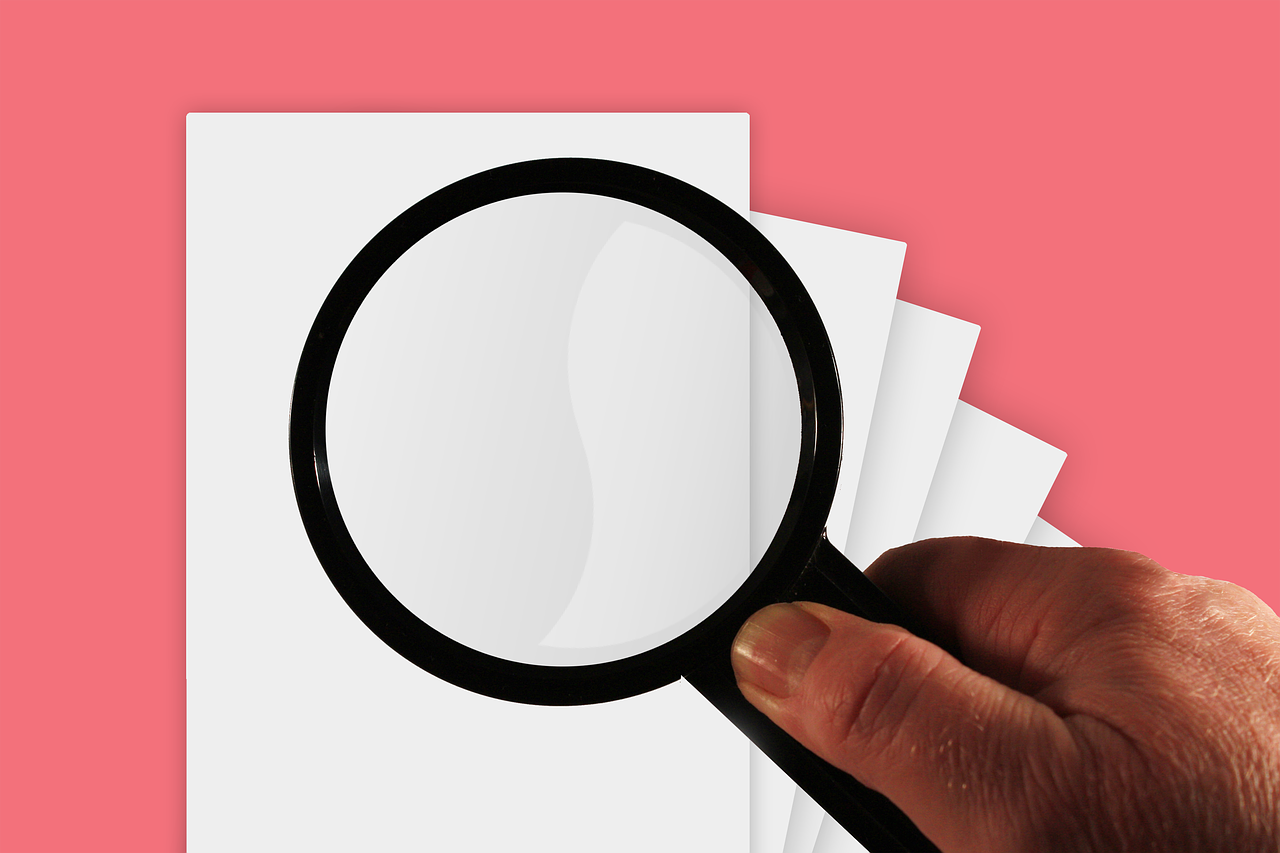
You want people to trust your brand. The first thing to check is product quality. Good quality helps your brand look good. It also makes customers come back. Always ask for samples before you buy a lot. Hold the product and look at it closely. Check the finish, the materials, and the packaging. If you sell clothes, look at the stitching and fabric. For electronics, test if everything works as it should.
Read reviews from other shop owners. Many suppliers have ratings and feedback online. You can find these on their websites or on places like Alibaba. Reviews help you see if the supplier does what they say. Ask the supplier about their quality checks. Some suppliers check products before sending them. Others might not check at all. Pick a supplier who cares about quality.
📝 Tip: Make a list of what you want in your product. Use this list to compare samples from different suppliers.
Branding Options
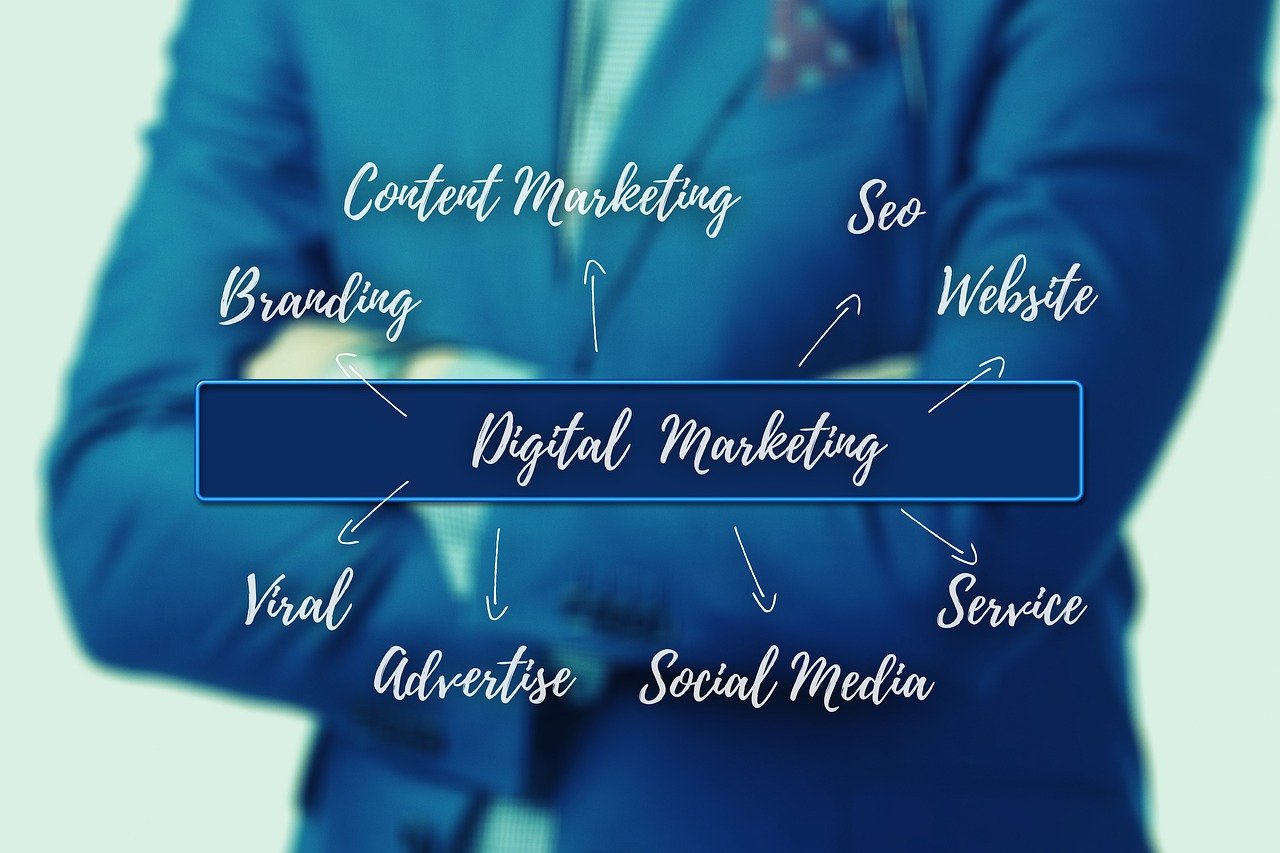
Branding helps your shop stand out. With private labelling, you can use your own logo and style. Most suppliers in 2025 let you change your brand in many ways. Here are some common choices:
Put your own designs or logos on products.
Pick branded packaging like custom boxes or bags.
Choose packaging materials and where your logo goes.
Change product details like weight, size, material, or colour.
Send your logo files in the format the supplier needs.
These choices help you make your shop look special. Branded packaging is very popular now. It makes your products look professional. It also helps customers remember your brand. Always ask your supplier what branding choices they have. Some suppliers offer more than others.
💡 Note: Good branding can help you charge more and keep customers coming back.
MOQs

Minimum order quantities, or MOQs, tell you how many items you must buy at once. Some suppliers let you buy just one item. Others want you to buy hundreds. MOQs can change by product and supplier. Here is a table with examples from top suppliers in 2025:
Supplier Name | Product Category | MOQ Details |
|---|---|---|
My Private Label (UK) | Food Supplements | No minimum order requirement |
COSZ Enterprise UK Limited | Cosmetics | 200 pieces for false nails; 50 for makeup tools |
Elebest (China) | Car Electronics | Usually 500 units per item |
Lider Mobile Accessories | Mobile Accessories | Usually 500 units per item |
MANA Products | Various | MOQ requires direct inquiry |
Max Private Label | Various | MOQ requires direct inquiry |
Always ask about MOQs before you start. Low MOQs are good for testing new products or if you have a small budget. High MOQs are better if you want to sell a lot or get a lower price per item.
📦 Tip: Try to start with a small order if you can. This lets you test the supplier and the product before you spend more money.
Shipping
Shipping is very important for your dropshipping shop. You want your customers to get their orders fast and safe. Quick shipping helps people trust your shop. It also keeps buyers happy. Many private labelling suppliers now use local warehouses in the UK, Europe, and the USA. This means your products get to customers faster and with fewer problems.
Always check where your supplier sends orders from. Some suppliers have express delivery. Others use normal shipping. Ask if you can track your orders. Tracking lets you and your customers see where the order is. Some suppliers give you branded tracking pages. This makes your brand look more professional.
Pick suppliers who pack products well. Good packaging keeps items safe while they travel. It also makes your brand look nicer. Some suppliers offer custom packaging. This can impress your customers and help your shop stand out.
🚚 Tip: Always ask your supplier how long delivery takes to your main markets. Compare these times with what your competitors promise.
Customer Service

Good customer service helps your brand get bigger. You need a supplier who answers questions fast and fixes problems quickly. In 2025, private labelling dropshipping suppliers try to make the customer experience better. They use custom packaging and special inserts to show they care about your brand.
Here are some things to look for in customer service:
Telling you about orders and shipping updates
Helping with returns and sorting out problems
Asking for feedback to make things better
Helping you move from dropshipping to bulk orders as you grow
Answering emails, chats, or phone calls quickly
Letting you talk about bulk orders after you have steady sales
Suppliers with good customer service help you keep your customers loyal. They also help you build a brand that makes more money. Always test how fast and helpful a supplier is before you choose them.
💬 Note: Try sending a few questions to your supplier before you start. See how quickly and clearly they answer.
Integration
Integration means linking your supplier to your online shop. This makes it much easier to manage orders. You want a supplier who works well with your e-commerce platform. Many top suppliers in 2025 connect directly with Shopify, WooCommerce, and Wix. This saves you time and helps you avoid mistakes.
Here is a table with some popular integration choices:
Supplier | Integration Options with E-commerce Platforms | Extra Features for Private Labelling |
|---|---|---|
Syncee | Connects with Shopify, WooCommerce, Wix; automates inventory updates | Wide supplier range; flexible membership plans |
Ocean Fragrances | Tailored solutions for easy catalogue integration; simple imports | No membership fees; fast shipping; focus on beauty brands |
European Suppliers | Private label options; branded invoices for your shop | Wholesale pricing; better profit margins |
Pick a supplier who makes integration easy. This helps you update products, check stock, and manage orders without extra work. It also lets you spend more time growing your brand.
🛒 Tip: Always check if your supplier’s integration lets you fill orders and update stock automatically. This will save you time and stop mistakes.
Pricing

When you pick a private labelling dropshipping supplier, you need to know how pricing works. Pricing changes how much money you make and if your brand does well. Every supplier has their own way of setting prices. Some look cheap at first, but extra costs can appear later.
You will find different types of costs with private labelling suppliers:
Some suppliers want a monthly fee or a fee for every order.
Others let you join for free, but each product may cost more.
Shipping costs depend on the product’s weight, shipping type, and where the supplier is.
Custom packaging and branding cost extra. You might have to buy a certain number of items to get these.
Some suppliers charge for special things like Amazon Ready Packaging or product certificates.
You might pay more for sample orders. Samples help you check quality before buying a lot.
Shipping times and costs can change based on the supplier’s warehouse and the delivery company.
Here is a table to help you see the main pricing types:
Dropshipping Type | Upfront Costs | Branding Control | Ongoing Fees | Typical MOQs | Hidden Fees |
|---|---|---|---|---|---|
Standard | Low | None | None or low | None | Shipping, sample fees |
White Label | Moderate | Limited | Possible monthly fee | 50–500 units | Custom packaging, branding fees |
Private Label | High | Full | 100–1000+ units | Branding, packaging, certifications |
You should always ask your supplier to tell you about all fees before you begin. Some suppliers do not show every cost on their website. Ask about:
Minimum order quantities (MOQs) for custom products
Extra costs for branded packaging or labels
Shipping prices to your main markets
Fees for returns or broken goods
Any monthly or per-order processing fees
💡 Tip: Always try to talk about prices with your supplier. You can sometimes get better deals or lower MOQs if you ask. Order samples first to check quality and see the real costs.
If you plan well and check all costs, you will not get any surprises. This helps you set good prices in your shop and keep your business making money. Remember, the cheapest supplier is not always the best. Look for value, not just low prices. Good suppliers help you build a strong brand and keep your customers happy.
Getting Started

Research Suppliers
First, you need to find the best suppliers for your private label shop. Start by looking at what products are popular right now. Use tools like AutoDS product research or Ads Spy Tool to help you. These tools show you what items are trending and help you pick a good niche.
Here are some steps to help you check suppliers:
Look at what is popular and pick a niche you like and that customers want.
Check each supplier’s minimum order, branding choices, shipping speed, and what products they have.
Use trusted sites like AutoDS, CJDropshipping, Overstock, Banggood, Wayfair, Costway, Amazon, and SaleHoo Directory. These sites list good private label dropshipping suppliers.
Go to SaleHoo Directory to find many checked European suppliers. Use filters to pick suppliers from Germany, France, Italy, or Spain.
Read supplier profiles to see how they ship, if you can get samples, their return rules, and if they do blind dropshipping.
Talk to suppliers to check product details, order rules, and if they offer private labelling.
Save the suppliers you like best so you can use them again later.
🕵️♂️ Tip: Pick suppliers who let you use branding and focus on your chosen niche. This helps your brand look stronger and keeps customers coming back.
Request Samples

Before you choose a supplier, always ask for samples. Samples help you see if the product is good and if it matches what you want. You should:
Ask for samples made with the same materials and methods as the real product.
Get samples from a few suppliers. This lets you compare and pick the best one.
Test each sample to see if it is strong and works well. Try using it like your customers would.
Look at the packaging. Good packaging keeps the product safe and makes your brand look better.
For health or beauty items, think about using a third-party lab to check quality.
Check customer reviews and ratings on sites like AliExpress. These reviews show if the supplier does a good job. Talking clearly with your supplier helps you trust them and get orders done right.
📦 Note: Always tell your supplier what you think after testing samples. This helps make the product better and builds a good relationship.
Customise Products
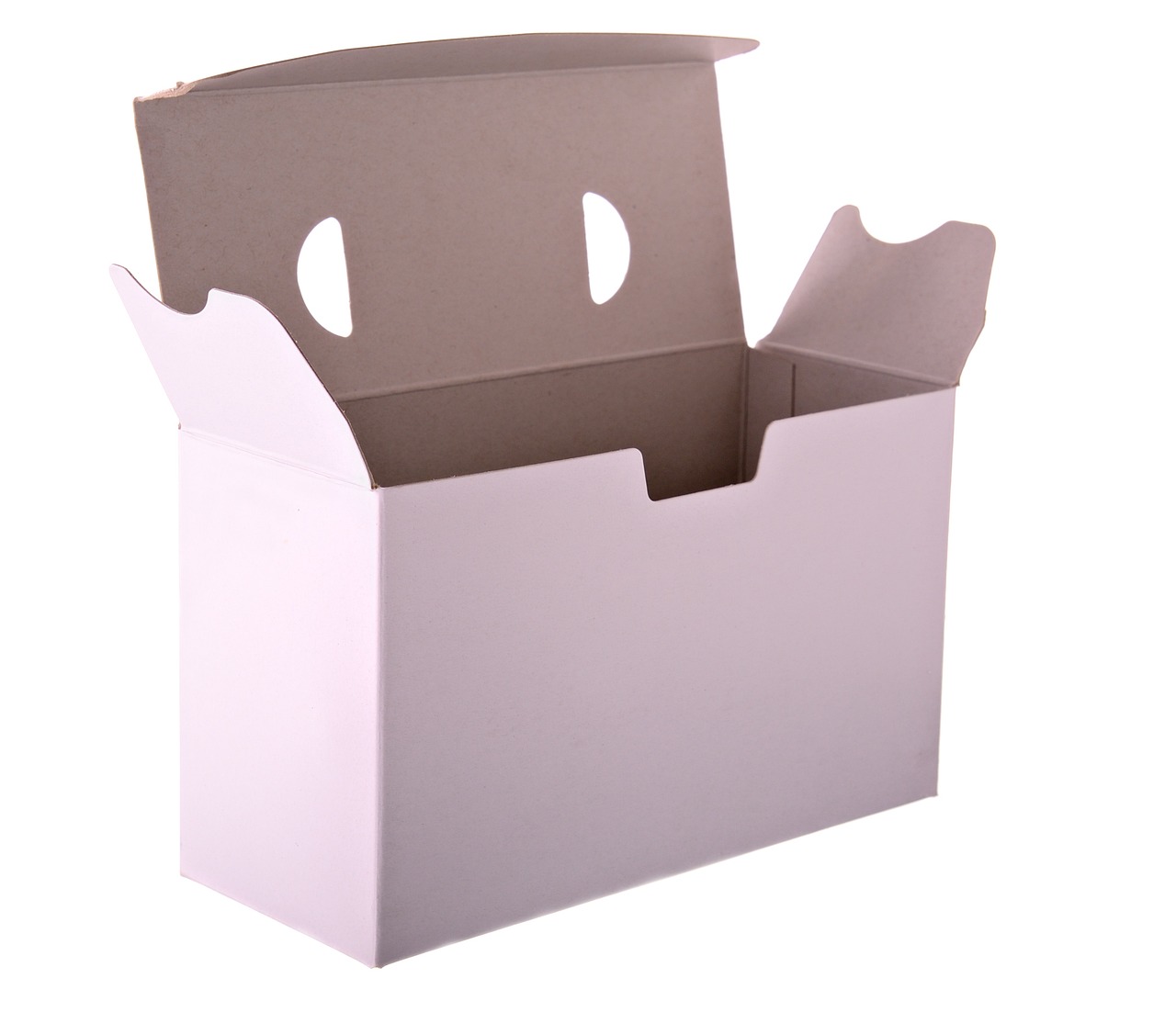
Customising your products makes your brand different from others. Private label dropshipping lets you choose how your products look and feel. You can add your logo, pick special packaging, and even suggest changes to the product.
Some common ways to customise are:
Put your logo on the product or the packaging.
Make special packaging, like boxes or bags in your brand colours.
Give ideas for the design, materials, or features.
Pick different sizes, colours, or eco-friendly options.
Suppliers often work with you to make your products unique. Working together helps you build a strong brand. Customised products can cost more and make customers want to buy again.
🎨 Tip: Using eco-friendly packaging and good materials helps your brand stand out. Work with your supplier to make designs that show your brand’s values.
Launch Brand
You have chosen your products and customised them for your brand. Now, you are ready to launch your private label shop. This stage is exciting and important. You want to make a strong first impression and attract your first customers. Follow these steps to launch your brand successfully:
Build Your Online Shop
Start by setting up your online store. Use platforms like Shopify, WooCommerce, or Etsy. Choose a theme that matches your brand style. Add your logo, brand colours, and banners. Write clear product descriptions and upload high-quality photos. Make sure your shop looks professional and easy to use.Create Your Brand Identity
Think about your brand name and message. Use tools like Canva or Shopify’s name generator to help you. Design a simple, memorable logo. Tell your brand story on your About page. This helps customers connect with your shop and remember you.Set Up Essential Pages
Add important pages such as Contact, Shipping, Returns, and Privacy Policy. These pages build trust with your customers. Make sure your checkout process works smoothly. Test it yourself to spot any problems.Connect Your Shop to Your Supplier
Link your store to your dropshipping supplier. Use integration apps or CSV files for this. This step lets orders flow automatically from your shop to your supplier. It saves you time and reduces mistakes.Test Everything Before Launch
Place a test order to check if everything works. Make sure you get order confirmation emails. Check if your supplier receives the order and sends tracking information. Fix any issues before you go live.Plan a Launch Event
Create excitement for your opening. You can offer a giveaway, discount, or free shipping for the first customers. Announce your launch on social media and email. Ask friends and family to visit your shop and share it.Start Marketing Your Brand
Use both free and paid methods to reach new customers. Post on Instagram, Facebook, and Pinterest. Write blog posts or use SEO to appear in search results. Try paid ads on Google or Facebook to get quick traffic. Keep testing different marketing ideas to see what works best.
🛎️ Tip: Do not rush your launch. Take your time to check every detail. A well-prepared shop builds trust and helps you get more sales.
Launching your brand is more than just opening your shop. You need to show your brand’s personality and make customers feel welcome. A strong launch sets the stage for your business success.
Overcoming Challenges
Returns
Dealing with returns in private label dropshipping can be hard. You do not control the products or the warehouse. This means you need to plan well. A simple returns process keeps your customers happy and helps your brand.
Make a returns policy that is easy to find and read. Put it on your website, like in the footer or on product pages. Your policy should say what items can be returned, how long customers have, and what refund they get. Use clear words so everyone understands the steps.
Your returns policy must match your supplier’s rules. Some suppliers charge fees or have strict time limits. Others want customers to send items back to them, not to you. Learn these rules before you start selling. Give yourself extra time in your policy for shipping delays.
When a customer wants to return something, do this:
Get the return request and ask why the customer wants to return it.
Talk to your supplier to get a Return Merchandise Authorisation (RMA) number and the right return address.
Give the RMA number and address to your customer.
Track the item to make sure it gets to the supplier’s warehouse.
Arrange the refund or replacement when the supplier says they got the item.
Tell your customer when you have sent the refund or replacement.
📝 Tip: Good customer service matters a lot. Answer return requests fast and keep your customer updated at every step.
You might have problems like slow returns, high shipping costs, or rules that do not match your supplier’s. To fix these, talk to your supplier often. Staying in touch helps you solve problems quickly and keeps your customers informed.
You can give partial refunds for small problems or send new parts for damaged items. This saves time and money and often makes your customer happy without a full return.
Ask customers for feedback about returns. Look for reasons that come up again and again. Change your product descriptions or photos if you see the same problem often. This helps stop future returns and makes your shop better.
A good returns process builds trust. When customers see you handle returns fairly and quickly, they will want to buy from you again.
Supplier Communication
Talking well with your private labelling dropshipping supplier helps your business work better. You should try to build a good relationship from the start. Clear and regular messages help stop mistakes and delays. When you speak to your supplier, always use polite and professional words. This shows you respect them and can help you get better results.
There are many tools that make talking easier. Most people use email for important news and keeping records. Some use Slack, Trello, Asana, or Zoom to work together at the same time. These tools let you share files, set jobs, and have meetings. You can also use integration platforms like Spocket or AliDrop. These platforms help with orders and stock, so you and your supplier see the same things. Automation means fewer mistakes and saves you time.
🗨️ Tip: Pick one main tool for daily chats and another for meetings or big news. This keeps your messages tidy.
Tell your supplier what you want right from the start. Explain your business, your goals, and how you want to work together. Use a CRM system to keep track of all your talks and deals. This helps you remember what you said and keeps everything in one place.
Here are some good ways to talk to your supplier:
Write short, clear messages. Do not send long or confusing emails.
Always check back if you do not get a reply in a day or two.
Plan regular meetings to talk about orders and fix problems.
Share your sales numbers and feedback. This helps your supplier know what you need.
Look at how things are going together. Check delivery times, product quality, and what customers say.
Do not use casual words or unclear requests. This can make things confusing.
Tool/Method | Purpose | Benefit |
|---|---|---|
Formal updates, records | Easy to find and check later | |
Slack/Zoom | Chat and meetings in real time | Quick answers, team talks |
Trello/Asana | Task management, tracking | Keeps jobs on track |
CRM Systems | Save all talks and deals | No lost info, better planning |
Integration Apps | Automate orders and stock | Fewer mistakes, saves time |
If you have a problem, tell your supplier quickly and clearly. Give details and say how you think it can be fixed. Good suppliers want to help you solve problems. When you work together and keep talking, you build trust. Trust helps your brand grow and keeps your customers happy.
📢 Remember: Good communication is not just about talking. It is also about listening, checking back, and working as a team.
Picking the best private labelling dropshipping supplier helps your business do well for a long time. Some sellers, such as Beardbrand, made strong brands and loyal customers by caring about quality and having control over their brand. You can make more money, have more choices, and be different from other shops. Use the supplier list and tips to help you choose wisely. Keep checking your suppliers as things change, so your business stays ahead. Are you ready to begin your private labelling journey? Share your questions or stories in the comments below.
FAQ
What is private labelling in dropshipping?
Private labelling is when you sell products with your own brand name. You pick a product and put your logo on it. The supplier sends the product to your customer. This helps you make your brand special.
How much does private labelling cost?
The cost depends on the supplier, the product, and branding choices. Some suppliers let you buy just one item, but others want you to buy more at once. You might pay more for custom boxes or labels. Always ask for a price list before you start.
Can I start private labelling with no experience?
Yes, you can start even if you have never done it before. Many suppliers give you guides and help. You will learn as you go. Begin with easy products and small orders to keep it simple.
How do I choose the right supplier?
Pick suppliers with good reviews and fast shipping. Make sure they answer your questions quickly. Ask for samples to check if the quality is good. Use trusted websites to find suppliers you can trust.
What products work best for private labelling?
Clothes, supplements, beauty items, and home goods are popular. Choose products you know about and that people want to buy. Look at trends to see what sells well.
How long does shipping take with private label dropshipping?
Shipping times are different for each supplier and warehouse. Local suppliers in the UK or Europe can deliver in 2 to 7 days. Suppliers from other countries may take longer. Always check how long delivery takes before you start.
Can I return private label products?
Most suppliers let you return items if they are broken or faulty. You must follow their return rules. Always read the supplier’s policy and tell your customers about your shop’s returns.
Do I need a business licence to start private labelling?
Some places need you to have a business licence to sell branded products. Check the rules in your country before you begin. Many suppliers do not ask for a licence, but having one can help you look more professional.
📝 Tip: Always read your supplier’s rules and ask questions before you begin. This helps you avoid problems later.

TangBuy: A Smarter Way to Dropship in 2025
If you're looking to stay competitive with dropshipping in 2025, speed and trend-awareness are key. TangBuy helps you stay ahead with real-time product trends, fast fulfilment, and factory-direct sourcing. With over 1 million ready-to-ship items, 24-hour order processing, and seamless Shopify integration, TangBuy makes it easier to test, scale, and succeed in today's fast-moving eCommerce landscape.
See Also
Top Lucrative Dropshipping Markets To Explore In 2025
Money-Making Dropshipping Concepts To Try In 2025
Trending Male Fashion Items Perfect For Dropshipping 2025
Why Beginners Should Dropship Private Label Coffee Mugs 2025
Top Custom Phone Case Designs Driving Dropshipping Sales 2025
